Sticking to a vegetarian diet can sometimes mean getting creative, because one has to find suitable alternatives for essential proteins most commonly obtained through meat, poultry, and fish. Luckily, there are several vegetarian protein sources available for the practicing vegan or vegetarian.
Beans and Lentils
Of all the vegetarian protein sources, beans and lentils are not only the most accessible, but they're also the most affordable. Adding garbanzo beans, kidney beans, black beans, white beans, and pinto beans into one's daily diet can provide as much protein as 14g per cup cooked. Lentils, on the other hand, are packed with even more protein, as a cup of cooked lentils yields 18g of protein.
Nuts and Seeds
Nuts and seeds are great sources of protein in a vegetarian diet, with some varieties of nuts offering as much as 7g per 1/3 cup serving. Seeds offer as much as 5g per 1/3 cup serving. Choose from walnuts, almonds, pecans, cashews, pistachios, and pine nuts for the most protein per serving. As for seeds, pumpkin seeds, sesame seeds, chia seeds, and sunflower seeds offer up the most protein. Best of all, nuts and seeds are flexible. They can be eaten raw as a snack, or chopped up and used as toppings on salads, yogurt, or oatmeal.
Tofu and Tempeh
Tofu and tempeh are similar, and each offers an excellent vegetarian protein source. However, tempeh, which is actually a fermented form of tofu, offers significantly more per serving. While a serving of tofu weighs in at 8g of protein, tempeh offers a generous 18g per serving.
Of course, other soy products can also supplement a vegetarian or vegan's protein, including soy milk and edamame, but it is important to limit the amount of soy one eats in a single day as too much of it can raise estrogen levels, and cause hormonal shifts in men and women alike.
Hemp Milk and Seeds
Hemp seeds offer 6g per ounce, while hemp milk gives a person 2g of protein per cup. As an added benefit, hemp milk and seeds also provide a vegan with all of the essential fatty acids that the body is incapable of producing on its own.
Eggs
Eggs aren't enjoyed by all vegetarians, but some do eat them. For those that do, eggs yield 6g of protein per egg.
Greek Yogurt
Greek yogurt has twice the protein and half the sugar of regular yogurt, making it a tremendous vegetarian protein source. With as much as 20g per serving, Greek yogurt offers up as much protein as a three-ounce serving of lean beef.
Avocados
With up to 10g of protein per avocado, this soft green fruit is packed with flavor and protein. Avocados also offer all of the essential amino acids the body can't produce, including Omega-3 fatty acids, making it a veritable superfood.
Spirulina
Spirulina is a blue-green microalgae that is between 55 and 70% protein, making it one of the most potent vegetarian protein sources available. To make it even more of a standout resource, the protein in spirulina is highly usable, with a net protein utilization rate of between 50 and 65%. And as if that isn't enough, spirulina also provides:
- All of the essential amino acids, including Omega-3, -6, and -9
- High levels of chlorophyll
- High concentrations of bio-available iron
- 26-times the calcium found in milk
- A wide array of vitamins and minerals, including vitamins B-1, B-2, B-3, B-6, B-9, A, and E; and the minerals potassium, calcium, chromium, copper, iron, magnesium, manganese, phosphorus, selenium, sodium, and zinc
Considered one of the most complete nutritional resources in nature, Midori Lifestyle Spirulina® is grown and cultivated on the Kona coast of Hawaii in a BioSecure Zone that is 100% pesticide- and herbicide-free. This is an all-natural, 100% vegetarian, and Non-GMO Project Verified, nutritional supplement that is derived from spirulina grown in ponds fed with 100% fresh potable water from Hawaiian aquifers, and pure, deep ocean water drawn from 2000 feet below the surface of the Pacific Ocean. This ultra-pure, deep ocean water enriches our unique spirulina with trace minerals.

 English
English 简体中文
简体中文 Spanish
Spanish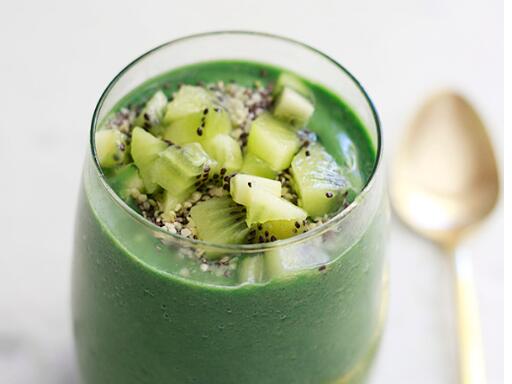 Eat in the fall to make you more comfortable
Eat in the fall to make you more comfortable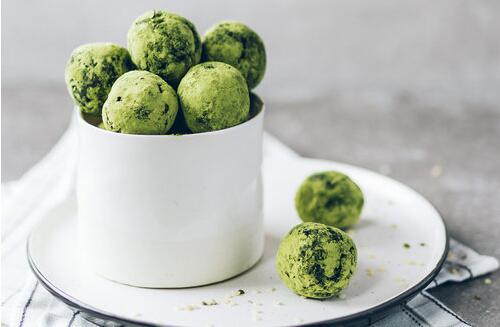 Edema needs to be improved in time
Edema needs to be improved in time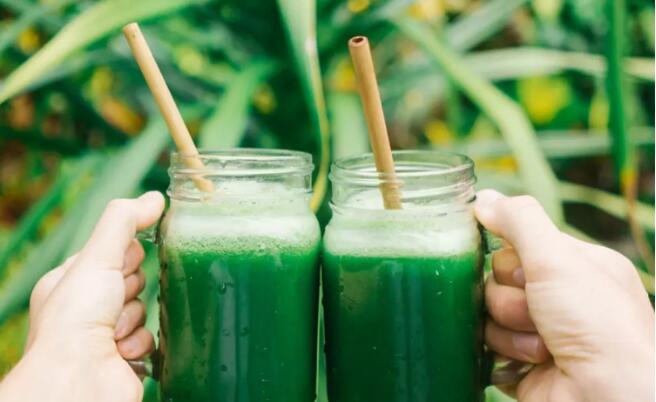 What are the summer nourishing stomach porridge?
What are the summer nourishing stomach porridge? How to improve immunity in the fall, this is very effective
How to improve immunity in the fall, this is very effective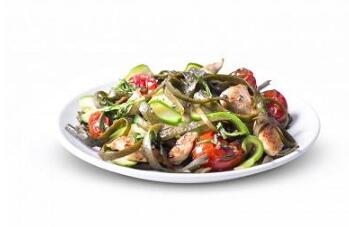 Let’s take a look at what is suitable for autumn.
Let’s take a look at what is suitable for autumn.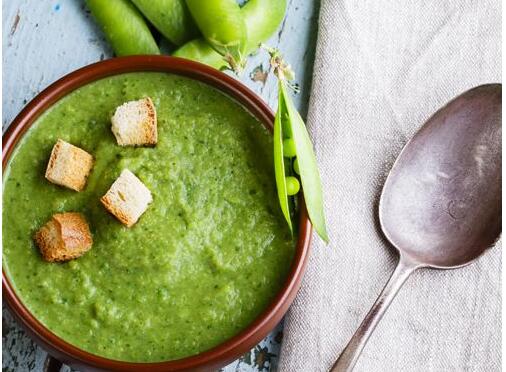 Eat these fruits in moderation
Eat these fruits in moderation







